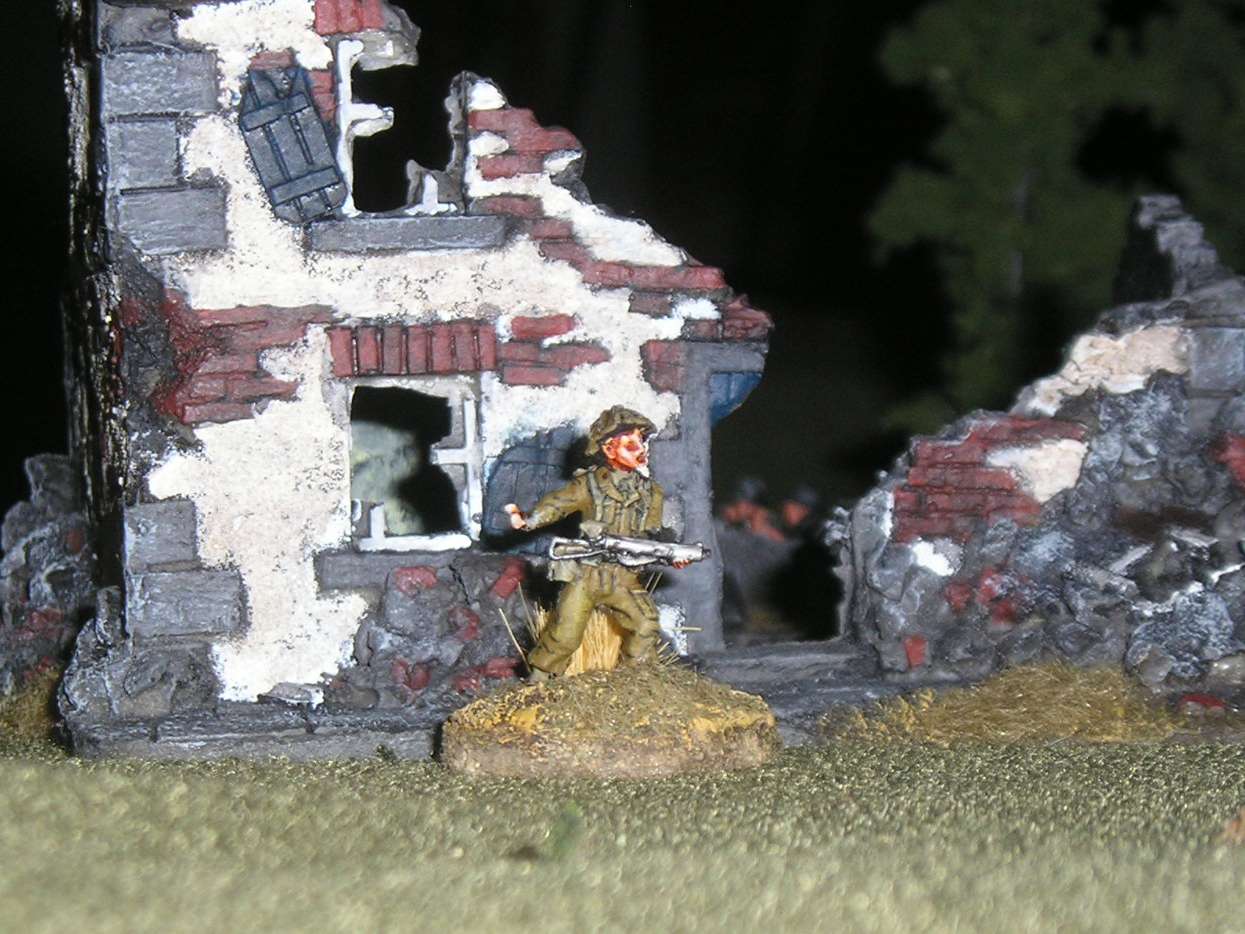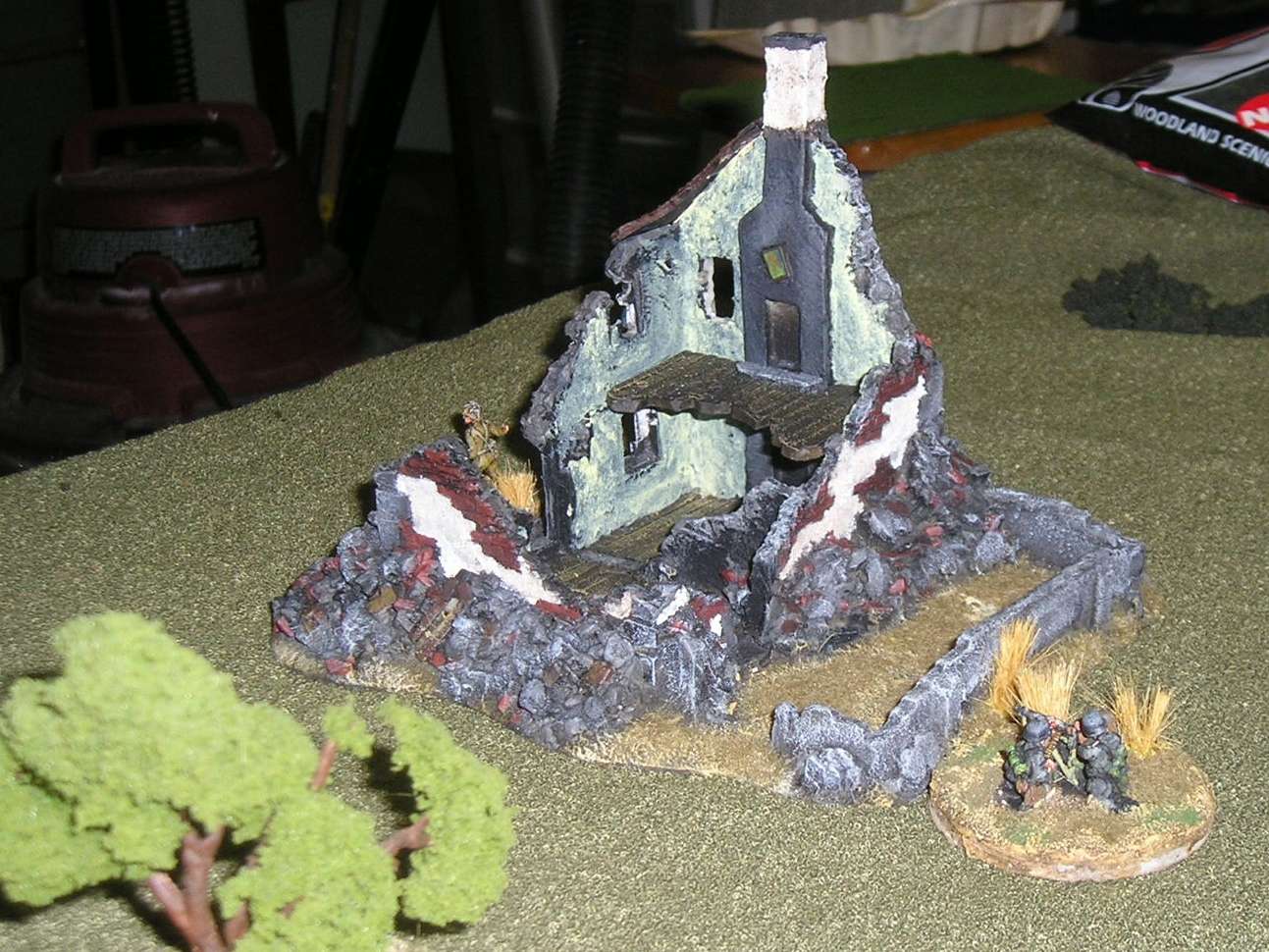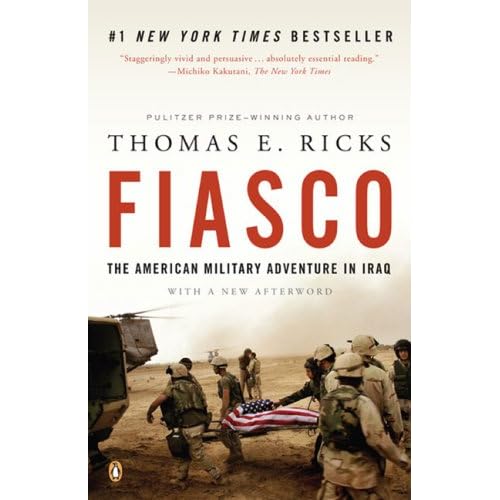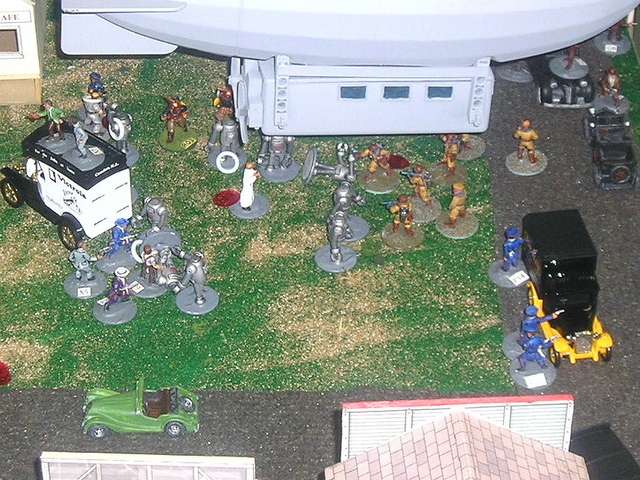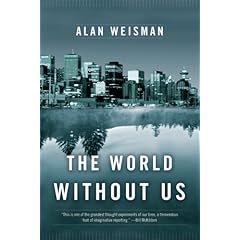
The World Without Us. Alan Weisman. New York: Harper Collins, 2007.
American journalist Alan Weisman has written a brilliant and disturbing meditation on the fate of humanity and the fate of the world. Call it a work of non-fiction, call it a thought-experiment, call it speculative science, but this book calls upon the expertise of archaeologists, naturalists, urban engineers, artists and many other professions to answer a provocative question. What would the world be like if the entire human race disappeared?
The answer may be surprising to some, and unsurprising to others, such as gardeners, who try to keep nature at bay on a daily basis. Thinking ahead over a variety of time scales, Weisman predicts that nature, with its vast resilience, would come back to reclaim the world. Without us, in a few years, our farms, engineered crops and domestic animals would vanish. In decades, our homes would succumb to weather and begin to collapse. In centuries, our great cities and bridges would fall. In millennia, there would only be the faintest traces of our civilisation.
Weisman has found places in the world where this process of reclamation can already be seen. The Demilitarized Zone between the Koreas and a strip of forest between Poland and Belarus harbour trees and animals that have vanished elsewhere. In Varosha, a resort town on Cyprus abandoned after the Greek and Turkish war of 1974, buildings are vanishing and animals are returning. “Flame trees, chinaberries, and thickets of hibiscus, oleander, and passion lilac sprout from nooks where indoors and outdoors now blend. Houses disappear under magenta mounds of bougainvillaea. Lizards and whip snakes skitter through stands of wild asparagus, prickly pear, and six-foot grasses. A spreading ground cover of lemon grass now sweetens the air. At night, the darkened beachfront, free of moonlight bathers, crawls with nesting loggerhead and green sea turtles” (p. 97).
The good news in this book is that the sheer resilience of nature may be greater than our capacity to destroy the earth. The great sadness of the book is that humanity will most likely do yet more damage before we either learn better or go extinct ourselves in a collapse caused by human greed and runaway population growth. Weisman’s descriptions of these remaining natural gems such as the Polish primeval forest are heartbreaking for their beauty and their fragility. If the Koreas were to unify, developers of the suburbs already pushing towards the DMZ would want to claim this land where red-crowned cranes, among the rarest on earth, still find refuge.
For anyone who cares about the fate of the earth, as the scientists and naturalists he interviews so clearly do, there is the understandable temptation to see the premise of Weisman’s thought-experiment, the removal of humanity, as a desirable solution. The most extreme example of this mindset is the Voluntary Human Extinction Movement (VHEMT), which would prefer us to gracefully exit the stage by an end to breeding rather than extinguish ourselves in resource wars and starvation. In this scenario, a genteel version of the end described in P.D. James’ The Children of Men, the last human beings would end their days caring for the earth as a retiree might dedicate themselves to a garden. “The last humans could enjoy their final sunsets peacefully, knowing they have returned the planet as close as possible to the Garden of Eden” (p. 243). An extreme solution, admittedly, but in the musings of esteemed biologists such as E.O. Wilson, as they engage with Weisman’s thought experiment, there is a wistful tone. “The world”, Wilson speculates, “would mostly look as it did before humanity came along. Like a wilderness” (p. 190).
Weisman, to his credit, avoids the trap of seeing humanity as the problem and our removal as the solution. He is too much in love with the beauty and surprise of the world, and a future where there is no one left to appreciate its beauty is clearly painful to him. He is clear however, as other environmentalists are, that there is only a little time left, a few centuries at most, for us to have a future on the earth. His proposed solutions are few, but one that he advances with some conviction is a proposal by the Vienna Institute of Demography that would see every fertile woman having only one child. In this scenario, world population, currently at 6.5 billion, would begin to fall off at the middle of the 21st century, reaching 1.6 billion by 2100. By comparison, a UN scenario where the birthrate is assumed to slightly over 2 children per female (it was 2.6 in 2004) sees the world’s population reaching 9.5 billion by 2060. Weisman does not speculate whether this second scenario (he does not discuss worse ones) is sustainable, though he is not encouraging. In his preferred scenario of a depopulated world, there is the hope the lucky 1.6 billion who remain would enjoy an Edenic world without self-suicide as a species.
At such far-more-manageable numbers, however, we would have the benefit of all our progress plus the wisdom to keep our presence under control. That wisdom would come partly from losses and extinctions too late to reverse, but also from the growing joy of watching the world daily become more wonderful. The evidence wouldn’t hide in statistics. It would be outside every human’s window, where refreshed air would fill each season with birdsong” (pp. 272-273).
Weisman, who would describe himself as a spiritual person (his final chapter is entitled “Coda: Our Earth, Our Souls”) grounds his spirituality in a Gaia-centered sense of balance with the world, where our artistic and creative expressions can be admired by future human generations rather than be puzzled over by future visitors to our dead world. He is dismissive of mainstream religion as being committed to “alternate futures” which have no commitment to the fate of the world. His brief comments on Christianity seem limited to acquaintance with dispensationalist, “left-behind” theology. “In Christianity”, he writes disdainfully, “the Earth melts, but a new one is born. Since it needs no sun – the eternal light of God and the Lamb having eliminated night – it’s clearly a different planet from this one” (p. 270).
For Christians who care about the world’s future, however, there is much to learn and admire from this book. Those of us who take the doctrine of creation seriously (even if we understand creation to have occurred in geologic time rather than in a literal seven days), we have a theological imperative to care for the planet just as fiercely as the most atheistic naturalist. As for the fate of the world, rather than adopt a simplistic understanding of Revelation as Weisman’s “different planet” throwaway does, there are fruitful lines of inquiry for Christians to pursue. One example is N.T. Wright’s lectures on the fate of creation from Romans 8, in which the world awaits, groaning, for its redemption. Rather than using up and throwing away a depleted old world, might not God’s new heaven and new earth be a restored and redeemed place, where human sin, including its environmental ravages, are cured? Weisman’s references to an Edenic world ring especially true for Christians. After all, the doctrine of creation teaches us that God intended Eden for a purpose, to be the home of all creatures, including humanity. In this respect, Weisman’s book is a gift for Christian thought and action.

